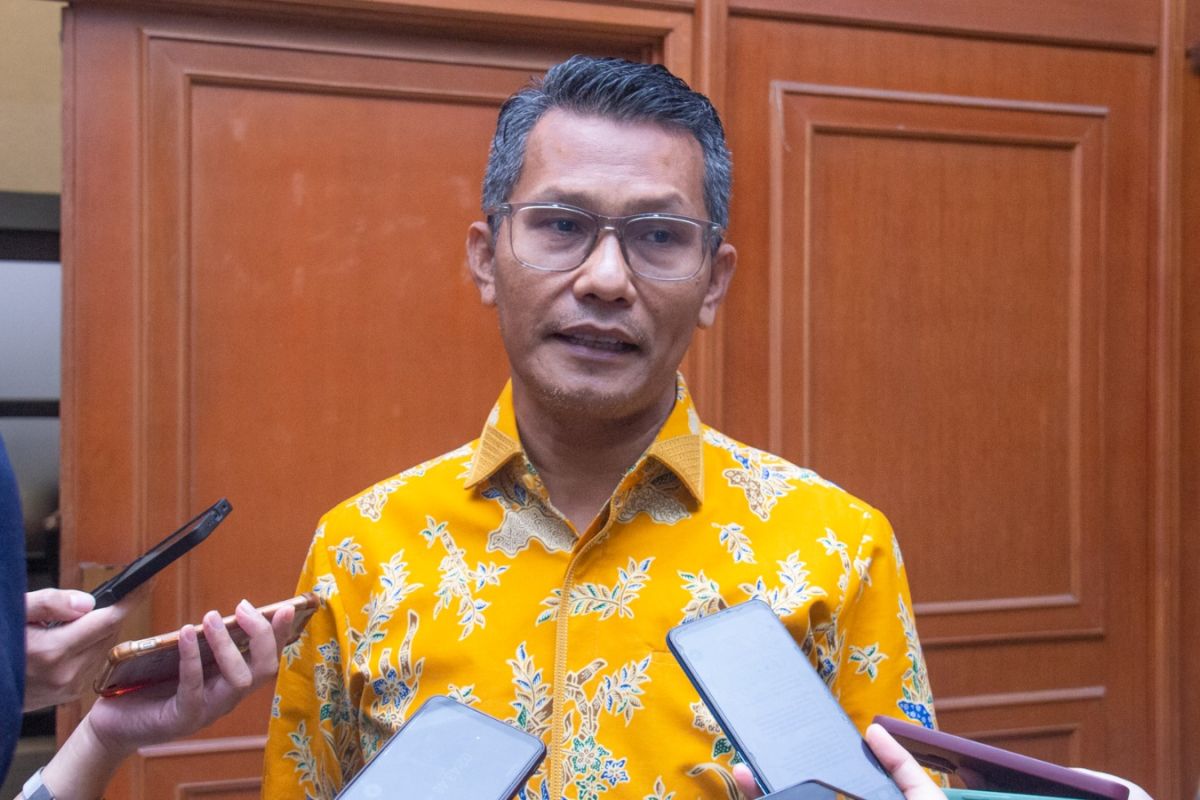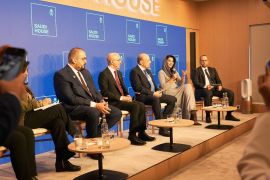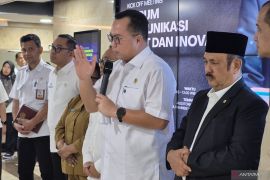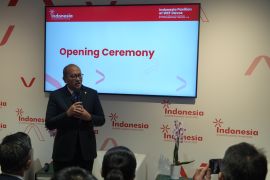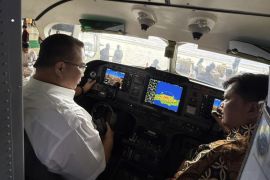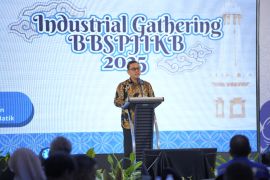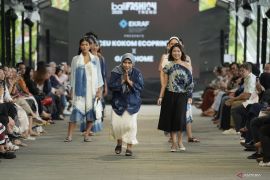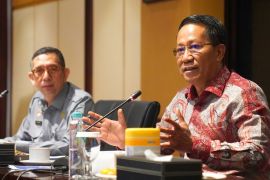According to data from the National Industrial Information System (SIINas), reporting compliance among APSyFI member companies remains low. Out of 20 member companies, only 15 submitted their industrial activity reports, while the remaining five failed to comply.
“There are still major APSyFI member companies that have not reported their performance at all. Reporting obligations are a form of industry accountability to the state. This lack of administrative commitment weakens the association’s position as a self-proclaimed frontliner of the national textile industry,” said Ministry spokesperson Febri Hendri Antoni Arif in a statement issued in Jakarta on Sunday.
Febri noted anomalies in the performance data of APSyFI member companies. While the association has been lobbying for stricter import regulations, its own members have significantly increased their import volumes.
Data shows that imports of yarn and fabric by APSyFI members surged more than 239 percent year-on-year, from 14.07 million kilograms in 2024 to 47.88 million kilograms in 2025.
“Some APSyFI members are taking advantage of bonded zone facilities and general import licenses, allowing them to import in bulk. On one hand, they demand protection, but on the other, they actively act as importers. This clearly contradicts the spirit of industrial self-reliance,” he added.
The government has long provided various forms of protection and fiscal instruments for the upstream textile sector. These include the anti-dumping import duty (BMAD) on polyester staple fiber (PSF), in effect since 2010 and valid through 2027.
Additional measures include BMAD on spin drawn yarn (SDY), valid until 2025; a safeguard import duty (BMTP) on synthetic fiber yarn, in place until 2026; and a safeguard duty on fabric imports, which will remain effective until 2027.
“This means APSyFI member companies have been enjoying dual benefits -- tariff protection and import facilities. Unfortunately, these advantages have not been matched by new investments or technological modernization,” Febri said.
Kemenperin reiterated that import recommendations and industrial protection policies are always guided by principles of fairness and balance across upstream, intermediate, and downstream sectors.
Export-oriented downstream industries are provided with import flexibility to stay competitive globally, while the domestic market is directed toward import substitution, based on verified national industrial capacity.
Febri warned that if the proposed 45 percent anti-dumping duty -- based on the Indonesian Anti-Dumping Committee (KADI)'s calculations -- is implemented, it could lead to layoffs of up to 40,000 workers in the downstream sector.
“That would be a national tragedy. The risk of job losses in the upstream sector is significantly lower and can still be mitigated by optimizing domestic demand,” he said.
Indonesia’s textile sector grew by more than 4 percent in both Q1 and Q2 of 2025, a positive achievement that must be preserved.
“The Ministry hopes that industry associations can objectively assess government policies. Amid this growth, what we need is collaboration and compliance -- not misleading narratives,” Febri concluded.
Related news: Local textile industry hit by imported used clothing: minister
Related news: Govt revises import rules for clothing, clothing accessories
Translator: Ahmad, Azis Kurmala
Editor: Primayanti
Copyright © ANTARA 2025
